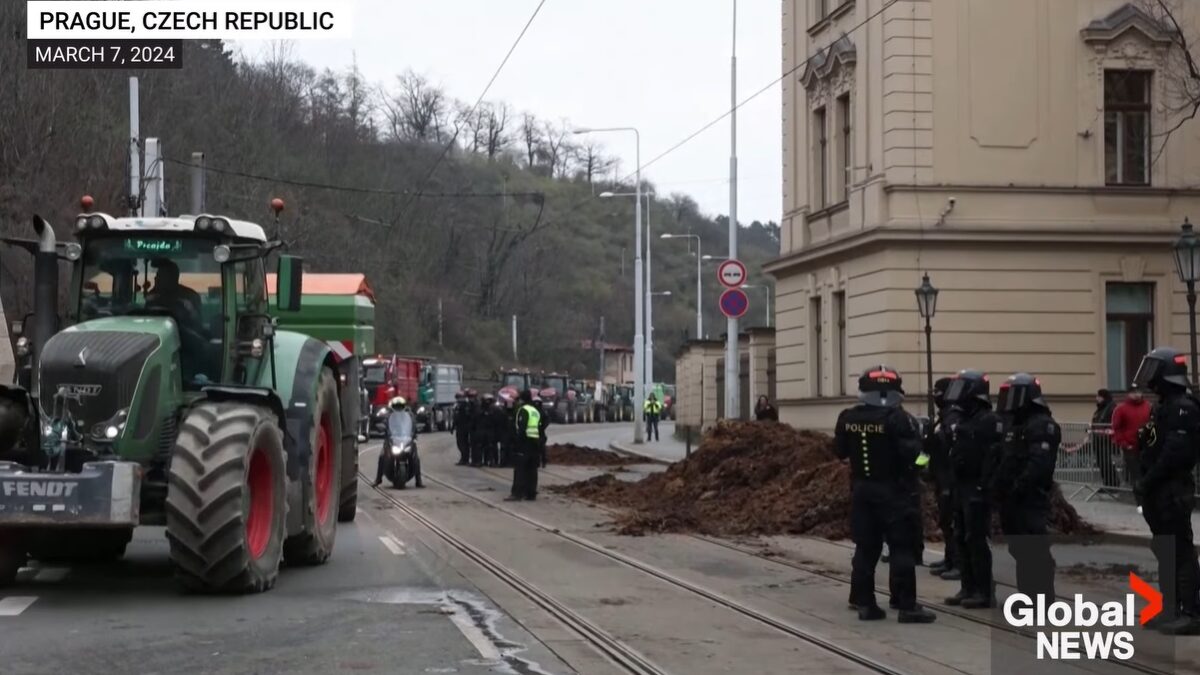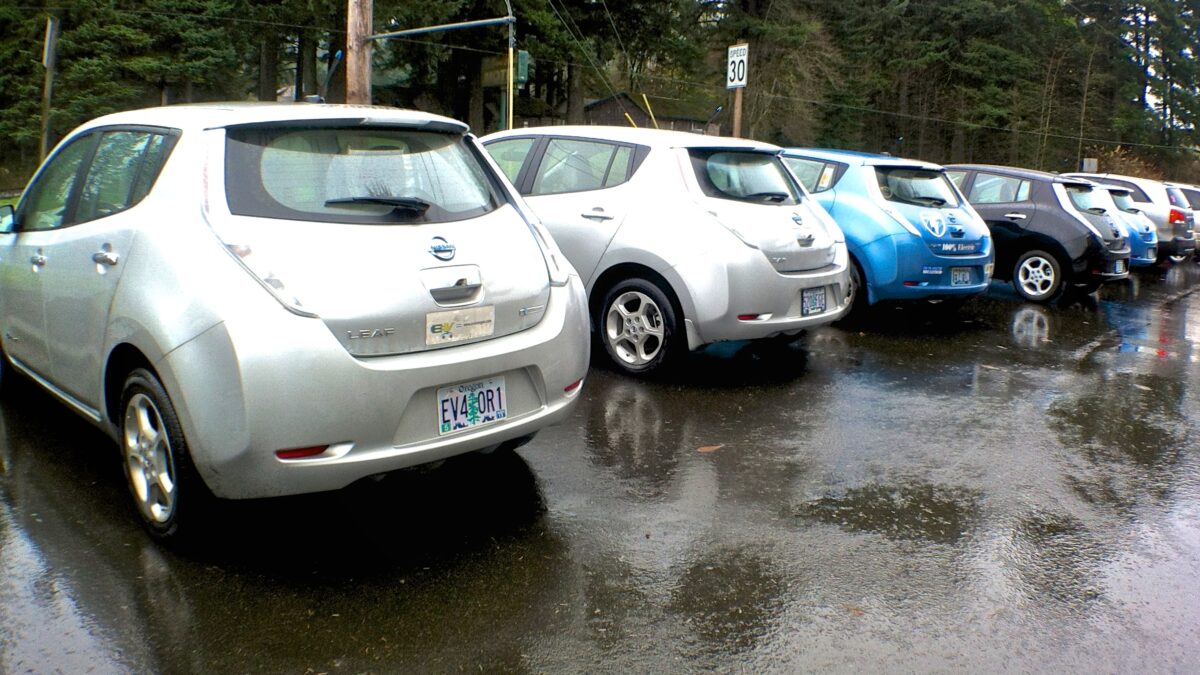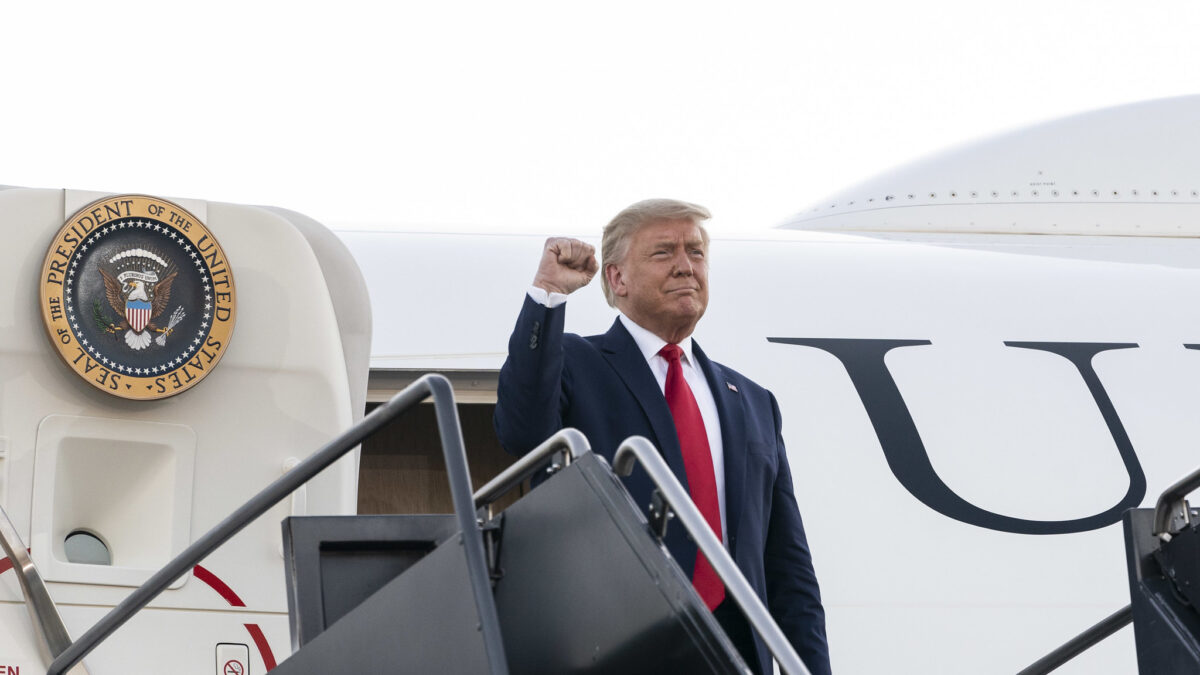Alaska’s more than 730,000 residents have suffered from more environmental meddling from Washington bureaucrats than those in any other state in the country.
Last week, the Biden administration celebrated “Earth Day” early by announcing it will unilaterally rope off millions of acres across Alaska from development and other local uses. On Friday, the Department of the Interior (DOI) issued twin rulings to impose “maximum protections” banning oil exploration in 13 million acres in the western Arctic and deny permits for a 211-mile road the state wanted to build to a colossal copper deposit worth an estimated $7.5 billion.
Interior Secretary Deb Haaland cited “indigenous knowledge” behind the administration’s decision to ban oil and gas production in an area larger than twice the size of Massachusetts, despite record-high energy prices across the United States.
“There is no question, using the best available science and incorporating Indigenous Knowledge practiced over millennia, that these decisions will help biological, cultural, historic and subsistence resources, safeguarding the way of life for the Indigenous people who have called this special place home since time immemorial,” Haaland said.
Indigenous knowledge is a highly subjective metric, and it’s now the target of a scientific integrity complaint from the non-profit government watchdog Protect the Public’s Trust. Rival tribes in Alaska, for example, have competing interests regarding resource development and their feuds are exploited by far-left interests.
Blocking road access to the Ambler Mining District in the northwest Arctic is akin to the White House blocking a road from Austin to Dallas to keep the entire metropolitan areas between the cities untouched. The road, greenlighted under the Trump administration in 2020, traverses Alaska’s Brooks Range lands managed by the state, the National Park Service, the Bureau of Land Management (BLM), and native corporations.
Twenty-six miles of the scrapped road project was proposed to cross the Gates of the Arctic National Park and Preserve, a nearly 8.5-million-acre swath of land under some of the nation’s most stringent federal protections. The park and preserve are larger than the entire state of Maryland.
At the same time, the Biden administration is demanding Americans buy expensive, resource-intensive electric vehicles manufactured with the very minerals the White House has prevented Alaskans from harvesting. On Thursday, attorneys general from half of the United States sued the Environmental Protection Agency (EPA) to stop regulations that would force car makers to sell more electric vehicles. The supply chain for minerals essential to electric car manufacturing remains dominated by China.
Biden’s latest decisions in Alaska follow moves last year to terminate oil and gas leases in the nearly 1.6 million-acre stretch of Arctic National Wildlife Refuge (ANWR) previously opened for drilling and a preemptive ban on extraction for nearly 16 million acres.
With more than 60 percent of the nation’s largest state already controlled by the federal government, this writing was on the wall from the moment President Biden took office. The Biden administration halted logging plans in the state’s southeast Tongass National Forest, shut down more opportunities for Arctic drilling, and launched the “30 by 30” initiative to ban from everyday Americans’ use 30 percent of the nation’s lands and waterways by 2030.
Biden’s Department of the Interior even refused to allow residents of the isolated southwest Alaskan village of King Cove to build a 12-mile road across the Izembek National Wildlife Refuge. The road was meant to connect the community to Cold Bay, where an all-weather airport offers year-round emergency service.
“If we were able to do what we wanted to do, we’d be one of the richest states by far,” Alaska Republican Gov. Mike Dunleavy told The Federalist in August 2021.









